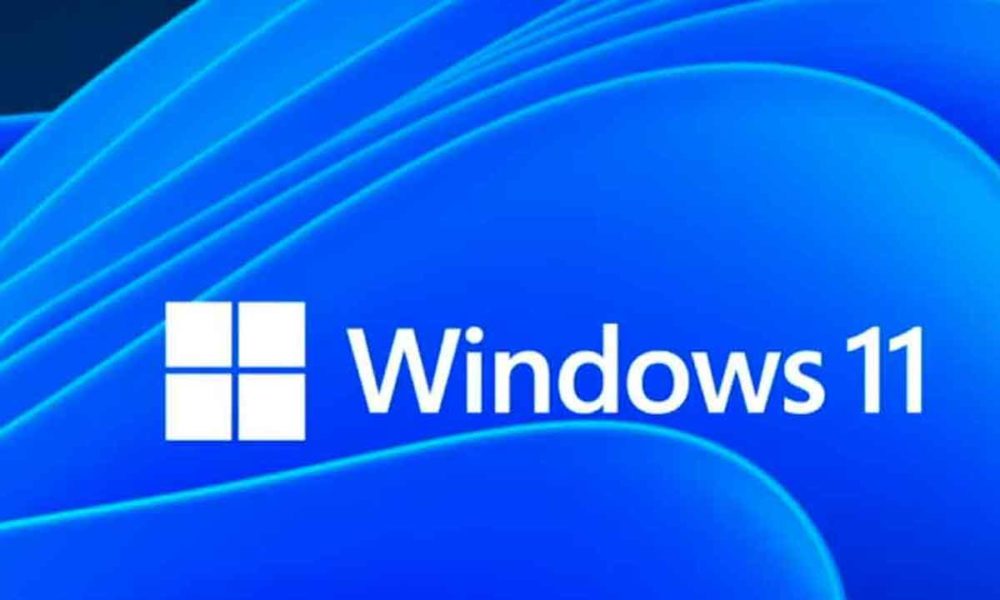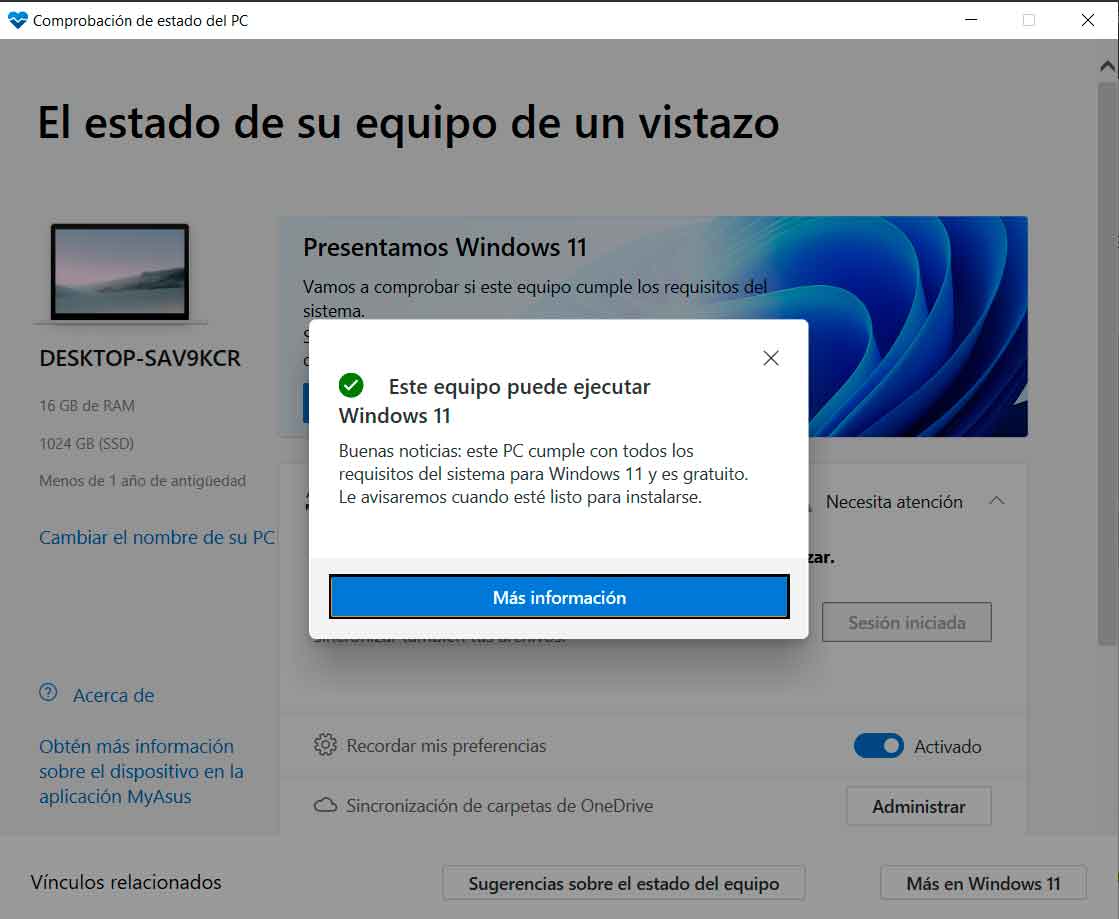
The technical requirements of Windows 11 gave a lot to talk about during the second half of last year. Since its announcement, in June, until the beginning of its progressive deployment, the exclusion of a lot of hardware and the need to have TPM and Secure Boot to ensure access to systems has been one of the most criticized points of this new Microsoft operating system version. And so much so that, although at first they assured that Windows 11 could not be installed on systems that did not comply with them, they finally gave their arm half-twisted, accepting but with serious limitations.
One of those limitations, possibly the most notable, is that users with systems that did not meet the minimum requirements could install Windows 11, but not as an upgrade from Windows 10but as a new system. And I know of people who, despite wanting some of the new features, stick with Windows 10 to avoid the hassle of “moving” everything from one installation to another, even if it’s on the same PC.
For that reason, some members of the Windows Insiders program were recently surprised to find that coinciding with the deployment of the 22H2 update in the preview channel, their operating system told them they could upgrade to Windows 11 22H2 from Windows 10 even though their systems were not compatible. Perhaps it is that in Redmond they have changed their minds and, consequently, have decided that Windows 11 is for everyone?
Well, no, unfortunately it is not. As we can read in Windows Latest, this has really happened, but it was due to an error that Microsoft would still be investigating, and shortly after it occurred they were aware of it and made the necessary changes to deactivate it. In addition, as reported, none of the insiders who had, temporarily, the possibility of upgrading to Windows 11, did so while the possibility remained active.
Asked if this should be interpreted as meaning that the minimum requirements of the operating system are being reconsidered to allow its use on more systems, Redmond would have replied that no, that at least at this time there are no plans to lower the entry threshold of Windows 11. However, we have been talking for a few months now that her adoption is below what might be expected. If Windows 11 22H2 serves as a boost, nothing should happen, but if user quotas continue to grow so slowly… anything is possible.




